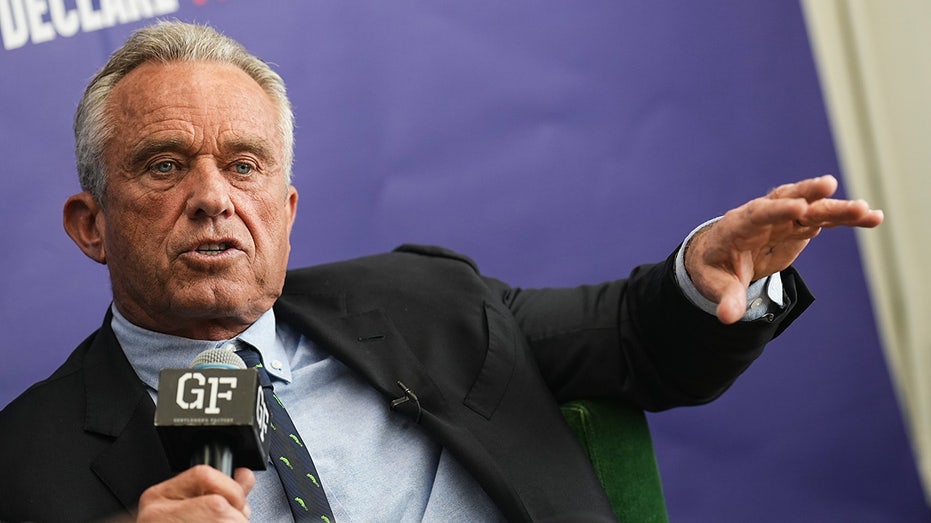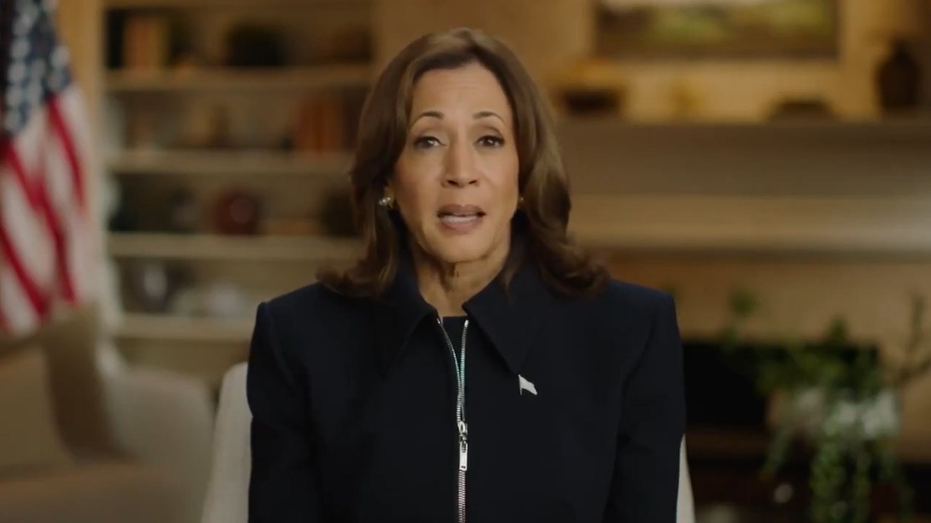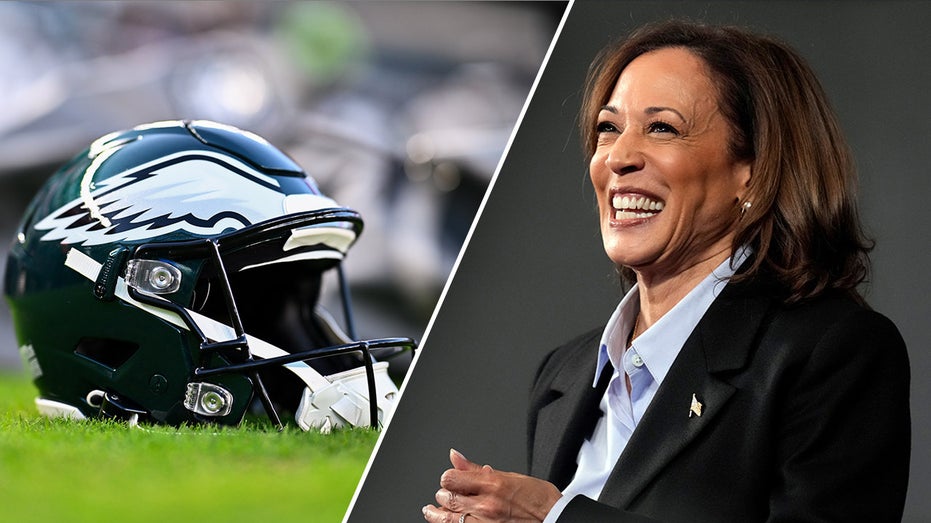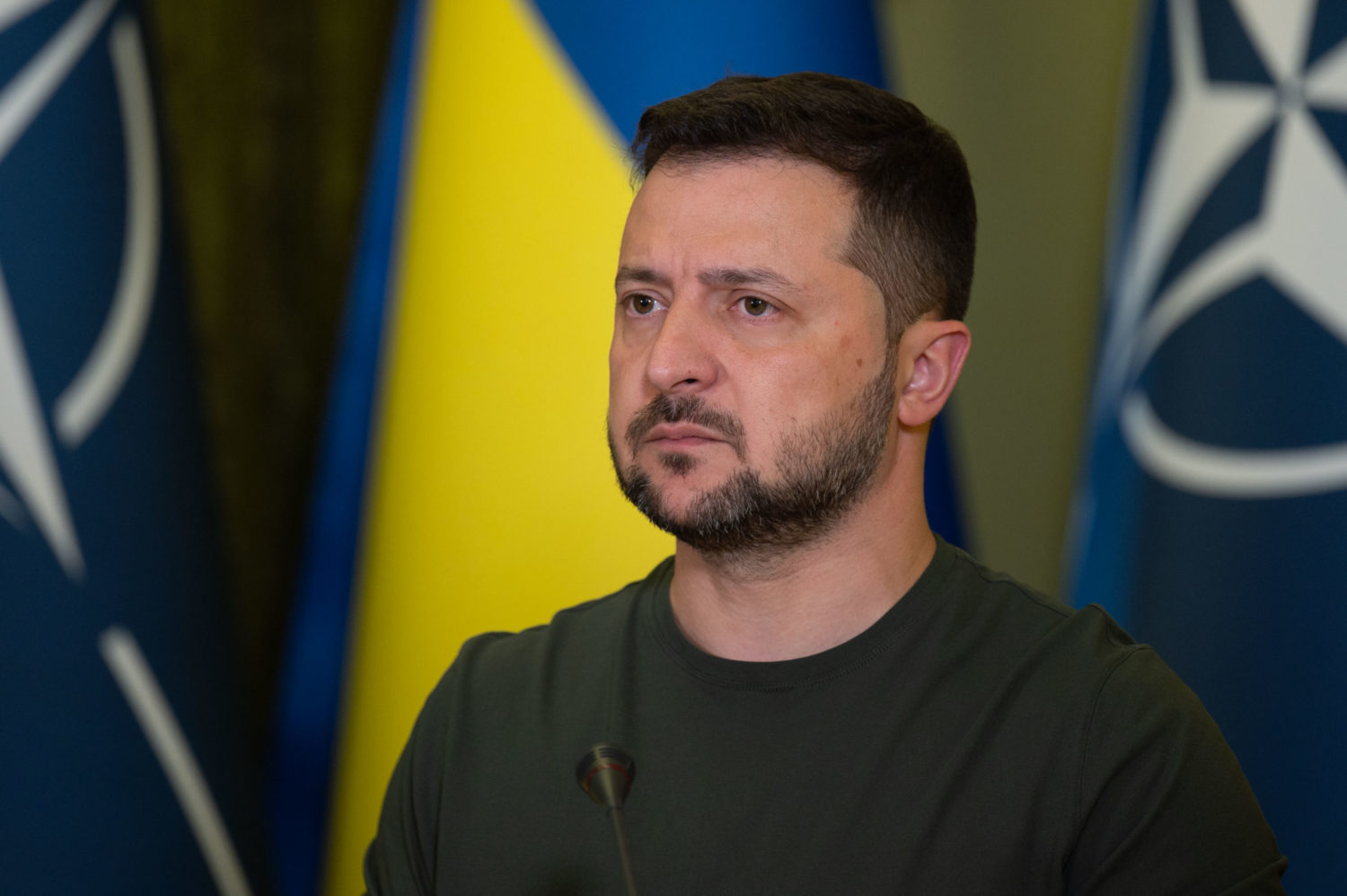RFK Jr.'s pending vice presidential pick could bring major cash influx, boost to third-party bid: report
Robert F. Kennedy Jr.'s expected announcement of a vice presidential pick will likely bring a boost in donations and support to his campaign Democrats initially counted out.

Robert F. Kennedy Jr.'s expected vice presidential announcement on Tuesday could bring the third party candidate a major cash influx and boost to his campaign, according to a report.
That Kennedy plans to announce a running mate means he met a necessary benchmark required by two dozen states to be listed on the ballot, propelling the independent further toward a face off against most likely former Republican President Donald Trump and incumbent Democrat President Biden in November.
Choosing a vice president will come with a likely boost in support, as many within the Democratic establishment anticipated Kennedy's campaign to wane early on. RFK J. initially launched his presidential bid as a Democrat last April, but he later announced an independent run in October after the DNC said it would not hold primary debates and was standing behind the current president.
"Having a vice president on the ticket shows that he’s moving forward," Tony Lyons, co-founder of Kennedy’s American Values super PAC, said in an interview with The Hill last week. "Voters then get to see that he’s very serious about becoming president."
While Kennedy's campaign has been tight-lipped about his choice, reports suggest Nicole Shanahan, a lawyer and mega-donor, is a top choice for VP. Though Kennedy has insisted that Shanahan's access to funds is not why she's being considered, she does have deep ties to Silicon Valley and is the ex-wife of Google co-founder Sergey Brin.
Other names floated include NFL star Aaron Rodgers, wrestler and former Minnesota Gov. Jesse Ventura, former Hawaii Rep. Tulsi Gabbard and tech entrepreneur Andrew Yang.
One source familiar with Kennedy’s strategy told The Hill that the funding it takes to compete against the Democratic and Republican parties can be a daunting hurtle. Biden enjoys a comfortable war chest as the incumbent president, reporting $21 million in donations in February and $71 million in cash on hand, according to his campaign's most recent filing with the Federal Election Commission (FEC) last week.
"It costs so much money," the pro-Kennedy source reportedly said, referring to the candidate’s operation. "That’s one of the other issues running an independent insurgent campaign. It’s hard to compete financially against the two campaigns. They seemingly have unlimited funds."
WHO IS ROBERT F. KENNEDY JR. AND WHY IS HE RUNNING FOR PRESIDENT?
"Anything that gets him closer to being on the ballot in all 50 states and the District of Columbia is a step forward and shows people that he’s going all the way," Lyons, whose PAC was behind the $7 million Kennedy-style Super Bowl ad, said. The Hill noted that Shanahan played a key role in that ad purchase.
"That, I think, really matters to donors," he said.
RFK Jr.'s campaign said he qualified for the ballot in New Hampshire, Utah and Hawaii.
Lyons said Georgia, Michigan, Arizona and South Carolina have also been added to the list. Notably, the battleground states of Michigan and Georgia have already shown warning signs for Biden.
"We’re very happy to have completed them," Lyons said.
Other third-party candidates did well after announcing vice presidential picks early in the campaign cycle, Richard Winger, the publisher of Ballot Access News and a political analyst, told The Hill, noting how Theodore Roosevelt in 1912 played on star power from U.S. Sen. Hiram Johnson of California
"RFK Jr. looks somewhat more appealing by having a VP already," he said.
Winger also noted how Ross Perot, considered a "spoiler" candidate, never had a set vice presidential choice and instead relied on "stand-in" candidates, who were taken less seriously, damaging Perot's run.



